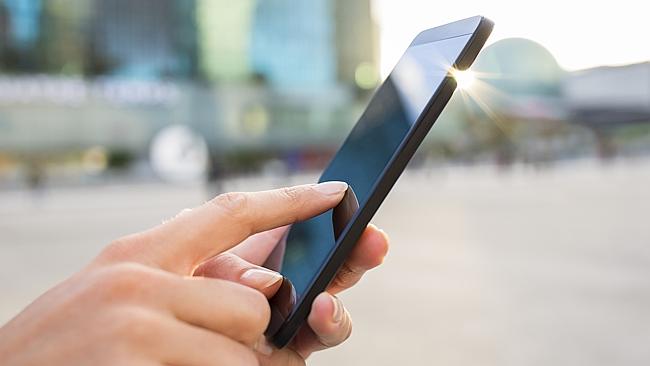Free wi-fi truths you need to know
WOULD you be so keen on public wi-fi hotspots knowing your movements could be tracked and your personal information exposed?

AS the song goes, the best things in life are free. But when it comes to wi-fi there’s still usually a price to pay.
We have all been guilty of excitedly jumping on a free public wi-fi network but by logging in and not bothering to read the small print (again, guilty) you could be giving away personal information and not even know it.
If someone in the street offered you a free lunch you’d stop and think ‘what’s the catch?’ Wouldn’t you?
In exchange for the gift of free wi-fi, shops, restaurants and businesses want access to your data such as location, email address and social network login. The idea behind it is for owners to gain a better understanding of consumer habits and demographics but often this is spun into targeted marketing.
Some businesses can sign-up to services that capture that Media Access Control (MAC) data and tell where you are in the shop in real time. All very good for businesses but is all this personal data really a fair trade for a bit of mobile data saving wi-fi?
The more unsettling news is you could have been tracked and given away information such as where you’ve been in the past couple of months by simply walking past a wi-fi network you didn’t even try to connect to.
When your mobile searches for wi-fi networks (which it will if you have wi-fi switched on) it transmits a constant signal sharing your MAC data that contains your device’s information. Networks scan for this and when you get in range your unique identification number is logged.
Companies such as Purple Wi-Fi are providing vendors and businesses with software like this that will allow them to turn their hotspots into data capture nets for analytics and is planning to roll this out to a whole town in the UK.

In New York, it is being proposed to make use of the thousands of public pay phones that are becoming obsolete by turning them into wi-fi hotspots. A citywide network of free wi-fi sounds great however the issue of data mining and using user’s information for marketing and advertising is being openly considered.
Through an Edward Snowden leak it was exposed that the Communications Security Establishment Canada could track airline passengers who connected to wi-fi at airports for up to a week or more as they jumped on other public wi-fi networks.
As well as exposing your privacy, it can get a lot more serious when it comes to security.
The ‘free’ wi-fi networks you see on your phone could be fake. A nasty trap set up by scammers who wait for unwitting users to login and leave their device vulnerable for a hacker to raid. Once connected you could reveal your passwords, bank logins, private emails and private accounts.
What you need to do to ensure you’re not a victim is firstly be vigilant. If there’s a wireless hotspot that’s unlocked and doesn’t require any sort of activation or web page to visit prior to access, be wary. You should look for secure networks that have a padlock symbol next to them or are WEP or WPA, WPA2 encrypted.
Be careful of what information you’re transmitting and which websites you access. Avoid doing any online banking or shopping. If you really have to, only go through encrypted websites. You can tell if a website is encrypted by looking at the url. If it’s HTTPS (that ‘s’ at the end stands for secure) then you should be fine but still take caution.
If you’re using a work laptop and are emailing sensitive company documents and information, then use a VPN (Virtual Private Network), which essentially provides a secure and private highway for information straight to your work via the network you’re on.



